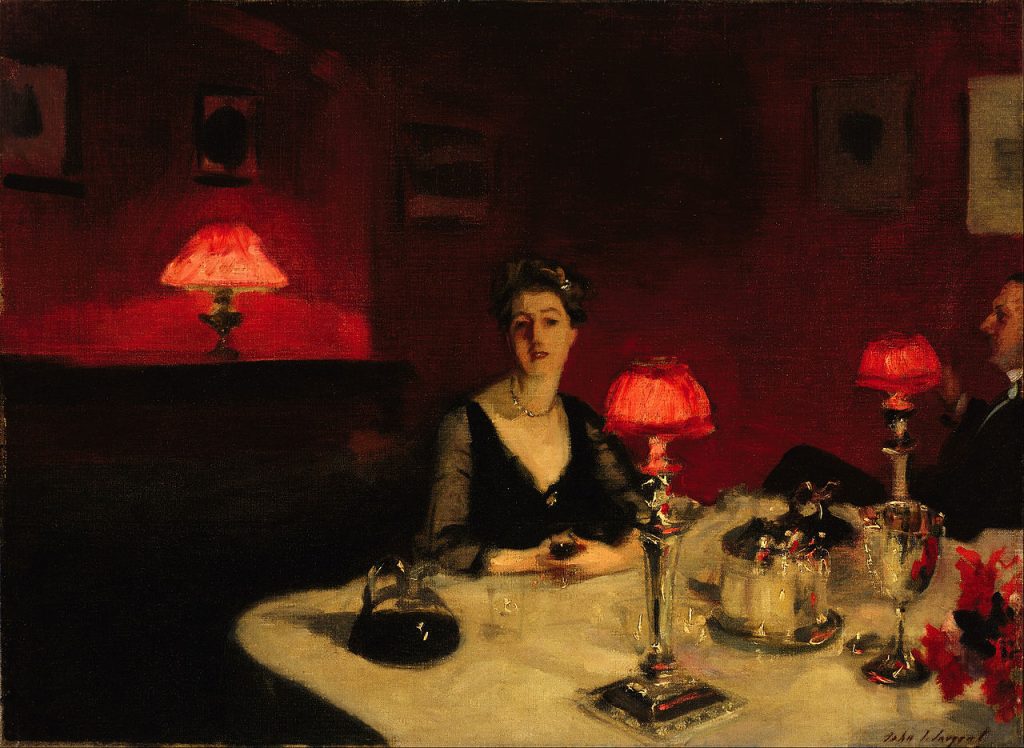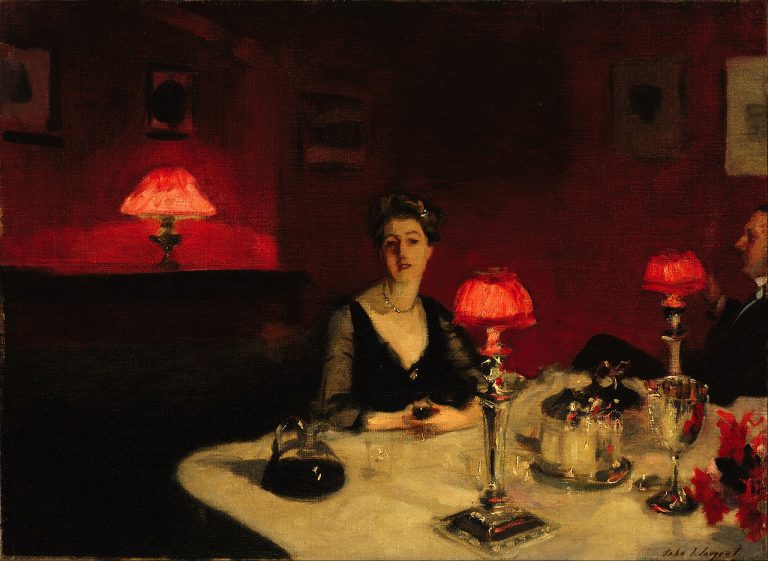If we define culture as a set of values and practices that societies recognize and hold together, then few things are more cultural than food. Where else is the narcissism of small differences greater than in matters of gastronomy? We may disagree about how to prepare this or that delicacy, but we can agree that the way others do it is strange, if not simply wrong. This does not make us food nationalists, although when it comes to what we eat, most of us are conservative deep down.
There is of course a good reason not to discuss politics at mealtimes. Because if we start talking at the table about things like labor relations and the distribution of wealth, sooner or later the conversation turns to what's on our plates and how it got there. If food were political, we would have nothing to agree on. Base and superstructure. Classes and carbohydrates. Dinner will be over.
As we know well from Catholic cultures, food metaphors tend to be stubborn, for the simple reason that everyone gets them. When Marx defined labor as the metabolism of society, people got it right away. Workers needed to be fed and soil depletion threatened to bring industrial capitalism to a halt. Thus began the race between Western countries to obtain new sources of fertilizers. As the economic historian Staffan Graner has written, the great powers set out in search of guano.
Soon after, chemists discovered ways to produce fertilizers artificially, including Fritz Haber, the Nobel Prize winner who also masterminded German chemical warfare in World War I. Billions of additional mouths could be fed, and the world has become addicted to synthetic nitrates. This creates a large number of more complex problems that we are only now fully aware of. If you prefer your culture to be intangible, this article will make you think again.

John Singer Sargent, “A Dinner Table at Night,” 1884. Fine Arts Museums of San Francisco. Source: Wikimedia Commons
If you still have an appetite for food-related content, we've got Anka Wandzel on pickling as resistance (no hipster trend here; preservation is a serious cultural practice); Marcus Wilde on meat and modernity (ditch the frozen chicken nuggets – now!); Bogdan Iancu talks about cowboy well-diggers in Romania's dry Danube plain (probably not a good idea, guys); Viktoria Hubareva talks about the miraculous resilience of the Ukrainian grain industry (which remains the breadbasket of Europe); and Thin Lei Win on the stubbornness of the agricultural lobby and the extent to which agriculture has lost control of the EPP (see Germany).
Ivaylo Dechev (1955–2023)
We were deeply saddened when we heard the news of the death of the Bulgarian anthropologist and cultural theorist Ivaylo Dechev at the end of last year. Ditchev was the author of numerous translated and widely read articles for Eurozine between 2000 and 2015.
Like his colleagues in the magazine Criticism and humanity While writing, he inspired many students and researchers with his ideas, as a long-time professor and founder of the School of Cultural Anthropology at Sofia University. With his openness and curiosity about the world, Detchev draws his readers into understanding modernity, the culture of everyday life, and the crises of politics. Read his Eurozine articles in our archive.
Calling young journalists!
Are you a young journalist with a great idea, and looking for ways to make it happen? The Come Together project invites applications for a free training program with the possibility of a grant at the end. The idea is to diversify the newsroom and make journalism more in tune with what's happening there. Check it out here.
Simon Garnett
Senior Editor, Eurozine

